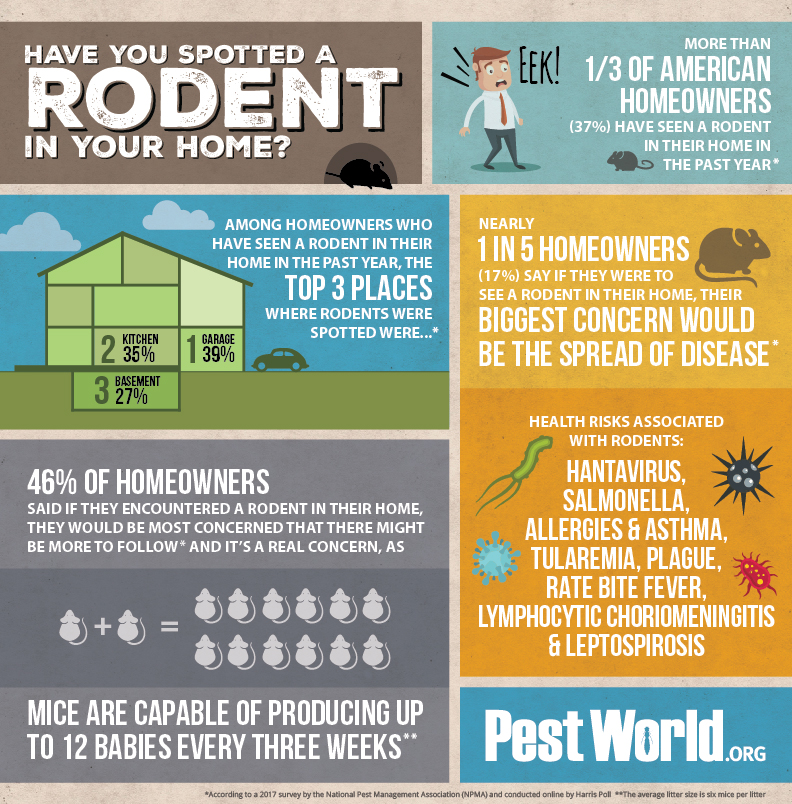Prepare To Transform Your Garden Right Into A Pest-Free Place Using These Imaginative Tips And Methods
Prepare To Transform Your Garden Right Into A Pest-Free Place Using These Imaginative Tips And Methods
Blog Article
Material Create By-Frandsen Fyhn
Envision your garden as a refuge, a location of harmony and charm. However, the presence of outdoor insects can quickly disrupt this ideal image. What happens if there were simple yet reliable means to maintain these unwelcome site visitors away and secure your yard oasis? By adhering to a few practical tips and executing natural methods, you can produce an unified outdoor space where your plants can flourish uninterrupted.
Natural Pest Deterrents
To keep pests far from your yard naturally, plant aromatic herbs like mint and lavender. Recommended Reading add elegance to your garden yet likewise serve as reliable parasite deterrents. Parasites like insects, flies, and even some garden-damaging insects are repelled by the solid aromas produced by these herbs. Merely putting them purposefully around your yard can assist create a natural obstacle versus unwanted pests.
In addition to mint and lavender, take into consideration planting other natural herbs like rosemary, basil, and lemongrass to even more boost your yard's pest-proofing capacities. These herbs not just act as natural repellents however additionally have actually the added benefit of working in cooking or crafting home made treatments.
Strategic Plant Placement
Consider the design of your yard and the types of plants you have to strategically place them for maximum pest-proofing performance.
Beginning by organizing plants with comparable resistance to parasites with each other. By doing this, you can create an all-natural obstacle that hinders insects from spreading throughout your yard.
In addition, placing pest-repelling plants like marigolds, lavender, or mint near more vulnerable plants can aid protect them. High plants, such as sunflowers or corn, can work as a shield for shorter plants against insects like bunnies or ground-dwelling bugs.
Keep in mind to leave sufficient area in between plants to boost air blood circulation and minimize the threat of diseases that pests may bring.
Additionally, take into consideration growing strong-smelling natural herbs like rosemary or basil near susceptible plants to puzzle bugs' senses and make it harder for them to find their targets.
Effective Bug Control Techniques
For combating garden pests successfully, implementing a multi-faceted parasite control approach is crucial. Start by encouraging natural killers like birds, ladybugs, and hoping mantises to assist keep insect populaces in check. Introducing plants that attract these beneficial pests can help in insect control. Additionally, practicing great yard hygiene by removing particles and weeds where bugs could conceal can make your yard much less friendly to unwanted site visitors.
Consider using physical barriers such as row cover fabrics or netting to protect susceptible plants from bugs like caterpillars and birds. Applying organic pesticides like neem oil or insecticidal soap can additionally be effective against particular bugs while being less hazardous to useful bugs and the environment. It's critical to revolve your crops each season to prevent the buildup of insect populaces that target specific plants.
On a regular basis evaluate your plants for signs of bug damage so you can act immediately. By combining these approaches and remaining cautious, you can properly manage garden parasites and appreciate a growing, pest-free garden.
Conclusion
So, there you have it - with the best techniques, you can maintain pesky outdoor bugs away from your garden and help your plants flourish.
Did learn this here now recognize that planting mint has been revealed to drive away mosquitoes and various other pests, minimizing the demand for unsafe pesticides by up to 60%?
By integrating all-natural deterrents and clever planting techniques, you can produce a stunning and pest-resistant garden sanctuary for you to appreciate.
